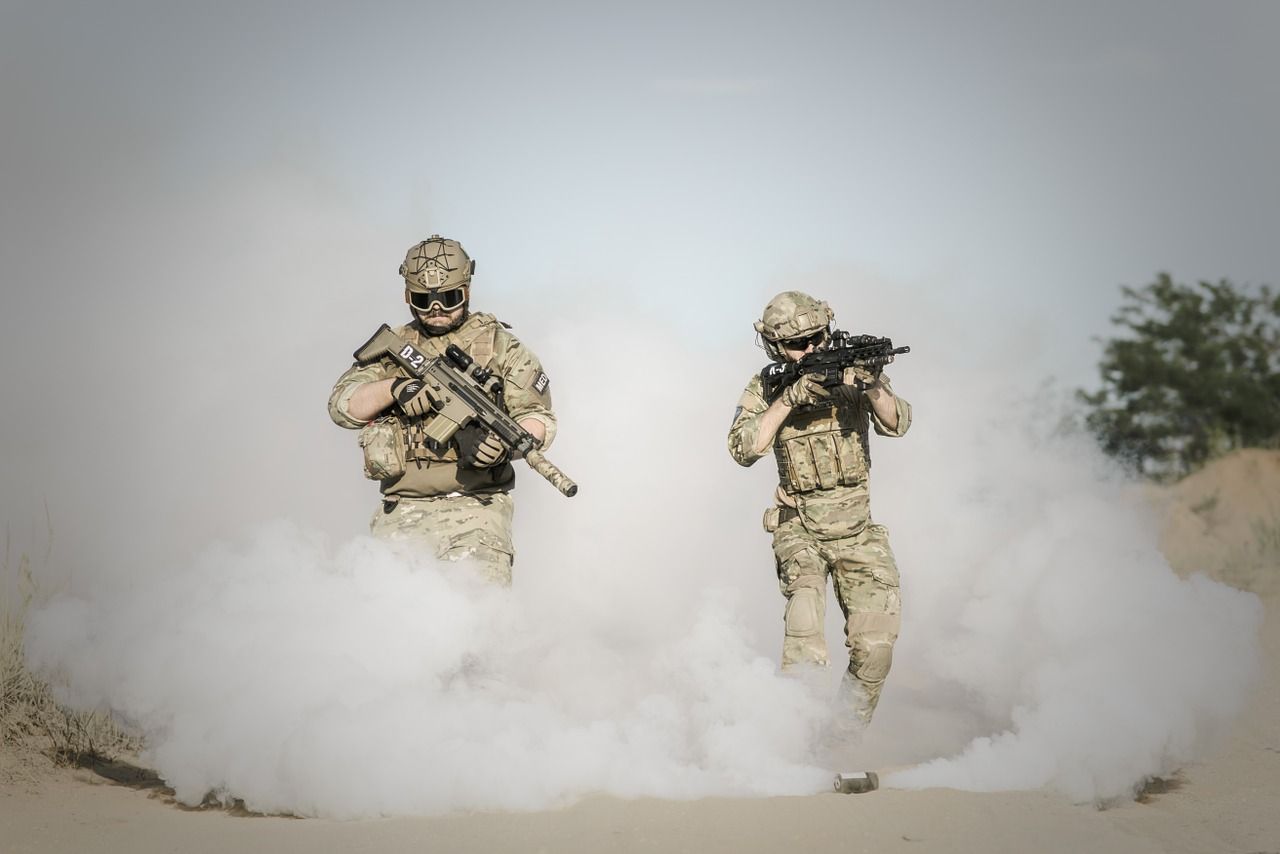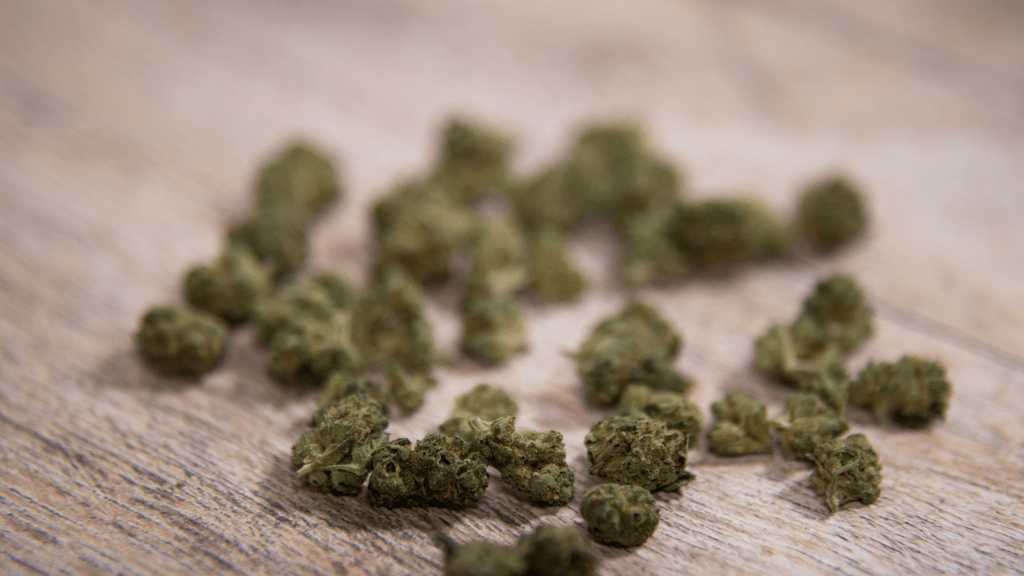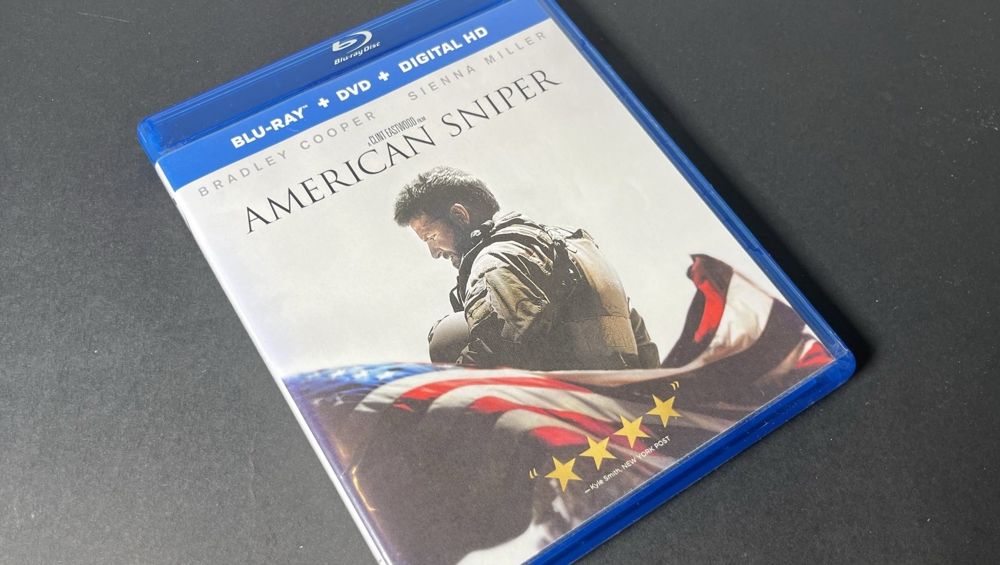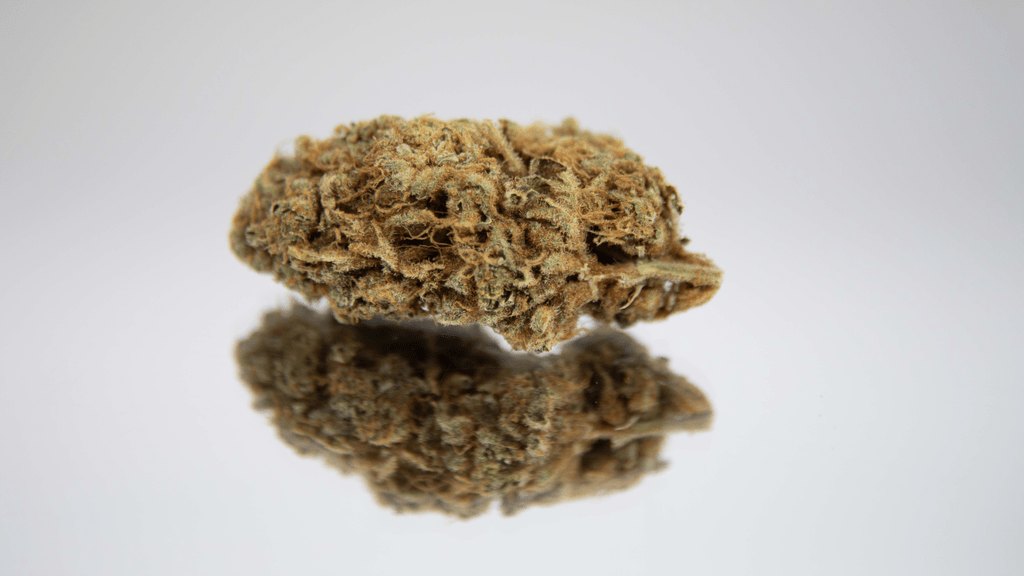When military service ends, the transition to civilian life often comes with invisible battles—chronic pain, PTSD, anxiety, or the loss of structure and camaraderie. For many veterans, cannabis has become a lifeline, offering not just physical relief but a renewed sense of belonging through digital communities built by and for those who served. The veteran cannabis community online is more than a network; it’s a movement of shared healing, advocacy, and purpose.
The Rise of Digital Veteran Support Networks
Social media and specialized online forums have become vital platforms for veterans exploring medical cannabis. Groups on Facebook, Reddit, and Discord connect thousands of former service members who share dosing advice, product reviews, and experiences navigating VA policies. Websites such as Weed for Warriors Project, HeroGrown, and Veterans Cannabis Coalition have developed online ecosystems that mix activism with emotional support.
These virtual communities fill a critical gap in traditional veteran healthcare. Many veterans report feeling dismissed or stigmatized when discussing cannabis with VA physicians, who are still restricted from recommending it. Online, however, they find peers who understand both their military past and their present struggles. The conversations are candid, educational, and grounded in empathy—qualities sometimes missing in clinical environments.
A Bridge Between Science and Storytelling
One of the most powerful aspects of the veteran cannabis community online is how it blends personal stories with science. Veterans frequently share testimonials about how cannabis helped them sleep, manage pain, or reduce dependence on opioids. Others post links to emerging studies on cannabinoids and trauma recovery, building a grassroots knowledge base that challenges old stigmas.
Podcasts and YouTube channels hosted by veterans have become trusted sources of insight. Shows like The Veterans Cannabis Podcast and Smoke and Bacon mix humor, research, and first-hand experience to demystify cannabis for newcomers. Through these digital spaces, veterans reclaim their narratives—turning stories of struggle into symbols of resilience.
Advocacy Fueled by Connection
What begins as online discussion often transforms into real-world advocacy. Many veteran-led cannabis organizations coordinate through social media to influence policy, lobby for research funding, and organize community events. Campaigns pushing for federal reform and improved access for veterans with PTSD or chronic pain are often launched in these very online spaces.
In states like California, Nevada, and Colorado—where both medical and recreational cannabis are legal—veteran advocates have helped establish donation programs that provide low-cost or free cannabis to qualifying veterans. Many of these efforts start with a few veterans connecting online and mobilizing their shared experiences into action.
Building Brotherhood Beyond the Battlefield
For some, the camaraderie found in the veteran cannabis community mirrors the bonds of service itself. The difference is that this time, the mission is healing—both personal and collective. Veterans share everything from cultivation tips to mental health resources, creating a sense of purpose that extends far beyond consumption.
The shift from isolation to inclusion is profound. Through digital solidarity, veterans are rewriting what life after service can look like—one that embraces wellness, open conversation, and the therapeutic potential of cannabis without shame.
A New Mission: Awareness and Acceptance
As public acceptance grows, these online veteran communities are playing a key role in reshaping how America views cannabis and those who use it. Their message is clear: healing is not weakness, and cannabis is not the enemy.
In many ways, the digital veteran cannabis movement reflects the best of modern brotherhood—resilient, compassionate, and united by purpose. For veterans navigating life after service, it’s not just an online community; it’s home.





